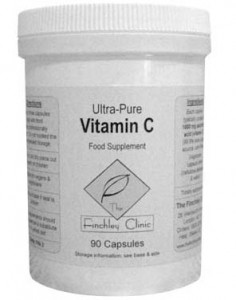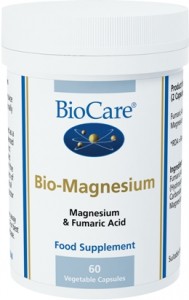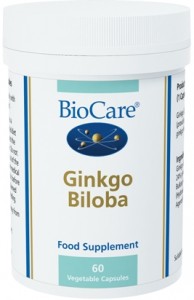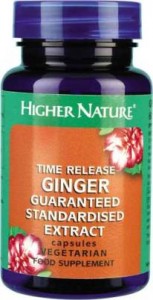It’s an undisputed fact that vitamin C contributes to good health. Most of us already know that it helps us deal with coughs and colds. Linus Pauling’s popular book Vitamin C and the Common Cold discussed this some 40 years ago. We know that old-time sailors and the occasional broke university student have ended up with scurvy after leaving it out of their diets. But you might be surprised to learn just how much vitamin C does for your body. It’s much more than an orange-flavoured tablet to keep colds at bay; vitamin C is part of the glue that holds your body together.
When someone develops scurvy, they notice loose joints, loosened teeth, muscle pain, and haemorrhaging. They might seem unrelated but these symptoms all have to do with vitamin C and its role in forming collagen. Collagen is a vital part of the connective tissue found throughout the body in muscles, joints, cartilage, skin, blood vessels, teeth and bones. The amino acids that make up collagen – specifically hydroryproline and hydroxylysine, which bonds collagen molecules together – are produced by vitamin C-dependent enzymes, so without it, the body literally begins to fall apart.
Vitamin C also plays a role in producing many of the chemicals your body uses to function, including noradrenaline and serotonin. Low vitamin C levels can result in not just physical symptoms, but also anxiety, fatigue and depression. It really is an all-rounder vitamin: it’s an antioxidant, it can aid synthesis of iron and folic acid, it can act as an antihistamine and, as we know, plays a role in boosting immunity to defend against viruses and infections.
Current recommendations say an adult’s daily intake of vitamin C should be around 65mg. However, many people fail to get even that much through their diet, and we also need to take into account that humans are one of the few animals which don’t produce their own vitamin C. Kinesiological studies have shown that the optimal daily intake of vitamin C to achieve tissue saturation isoftenmore like 10g a day. You may need even more if you’re recently been injured – your body needs to produce more collagen to heal – or if you are fighting off an infection.
 Vitamin C supplements are of course readily available on the mass market. They’re usually orange-flavoured pills made from glucose, which is in turn produced from corn starch. The combination of corn products and the citrus bioflavonoids used to give it a pleasant orange taste actually contribute to allergic reactions in a significant proportion of people. Tapioca vitamin C avoids both these problems by sourcing the vitamin from tapioca and packaging it in capsules rather than pills. It’s hypoallergenic and may have better bioavailability than commercial pills – meaning you can take less for the same health-enhancing effects.
Vitamin C supplements are of course readily available on the mass market. They’re usually orange-flavoured pills made from glucose, which is in turn produced from corn starch. The combination of corn products and the citrus bioflavonoids used to give it a pleasant orange taste actually contribute to allergic reactions in a significant proportion of people. Tapioca vitamin C avoids both these problems by sourcing the vitamin from tapioca and packaging it in capsules rather than pills. It’s hypoallergenic and may have better bioavailability than commercial pills – meaning you can take less for the same health-enhancing effects.
As supplements go, this is one of the easiest ways to give your health an all-round boost. A dose three times a day could be all it takes to see your immune system responses and energy levels soar.







